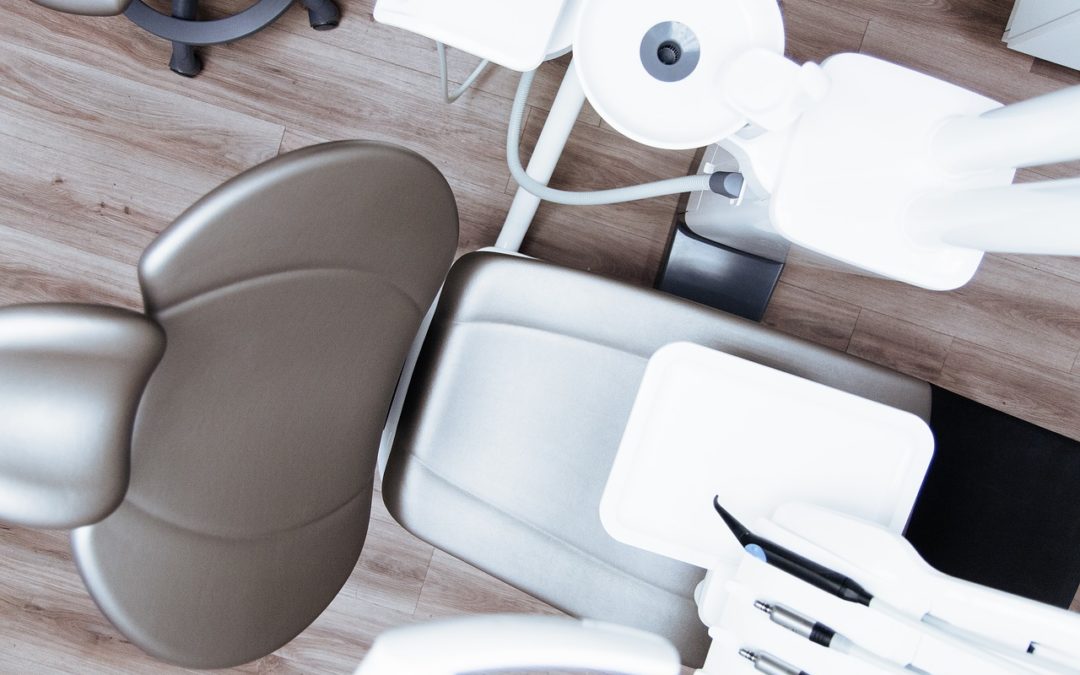Full dentures are the most common and cheapest option to provide an edentulous jaw.
But there are patients who can not cope with the removable prostheses.
We regularly receive requests from patients for alternative attachment options for their prostheses.
The jaw bone in patients with a removable full denture in the upper and / or lower jaw, with time back. This is because the jawbone is not directly loaded when chewing. The full denture is only mucous membrane. At some point the worn prosthesis stops in the mouth. Dental implants counteract the bone loss of the jaw and additionally stabilize the denture in the mouth.
In this case, the prosthesis is both implant- and mucosa-supported and prevents bone loss.
An implant-supported full denture offers numerous advantages over a conventional prosthesis:
- The jawbone can be largely preserved
- The denture sits much more stable in the mouth and offers a better chewing function
- The prosthesis can be removable or firmly anchored in the jaw
- Dental implants increase the quality of life of prosthesis wearers
A prerequisite for an implant-supported denture is a sufficiently high and wide jawbone.
We assess the assessment of the bone supply in a clinical and radiological examination.
There are a few ways to get a full denture implanted:
- The prosthesis can be attached to two to six implants
- The denture can be removable or fixed to the implants
If you opt for an implant-supported full denture, the existing full denture only needs to be reworked. You do not need a completely new prosthesis.
After the implants have been placed, after the healing of four to six months, a push button is attached. The counterpart is incorporated into the prosthesis. The connection element gives your dentures a firm hold.
Are you interested in an implant-supported full denture? Play it safe: ask us.

